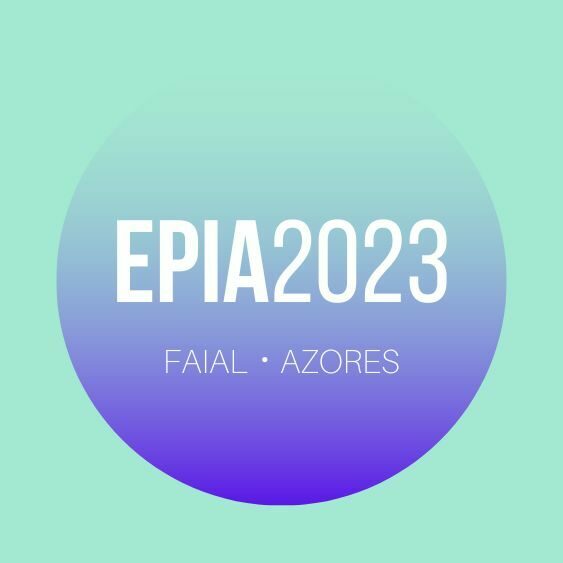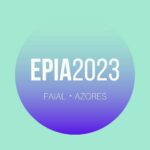MultiAgent Systems: Theory and Applications
Following the previous workshops or thematic tracks on agents and multiagent systems that have been organized in the context of EPIA Conferences (MASTA from 1997 to 2022), the purpose of this thematic track is to provide a high-profile, internationally respected discussion forum on the most recent and innovative scientific research in the areas of agents and multiagent systems (MAS). The field of MAS has evolved to touch increasingly relevant research domains, from human-machine interaction to significant advances in applications of reinforcement learning. As such, the MASTA thematic track will cover not only traditional topics related to agent theory and multi-agent engineering but also issues associated with using evolving autonomous systems in real-world scenarios where humans are involved, including conversational systems.
TOPICS OF INTEREST
- Agent-based simulation
- Agent-based systems Interoperability
- Agent theories, architectures, and models
- Agreement technologies
- Applications of agents and MAS (industrial and commercial)
- Artificial social systems and social simulation
- Automated negotiation and computational argumentation
- Cognitive models, including emotions and philosophies
- Communication: languages, semantics, protocols, and conversations
- Conversational AI and chatbots
- Cooperation, coordination, and teamwork in MAS
- Ethical and legal issues raised by autonomous agents and MAS
- Formal methods for modeling agents and agent-based systems
- Game theory, auctions, markets, and social choice
- Human-agent interaction and teamwork
- Learning in MAS
- Multiagent evolution, emergent behavior, and adaptation
- Multiagent modeling and simulation
- Multiagent systems engineering
- Reinforcement learning
- Scalability and performance of MAS
- Societal issues: organizations, institutions, norms, socio-technical systems
- Trust, reputation, privacy, and security
ORGANIZATION COMMITTEE
- João Balsa, Faculdade de Ciências – Universidade de Lisboa / LASIGE, Portugal
- João Fabro, Universidade Tecnológica Federal do Paraná (UTFPR), Brasil
- Henrique Lopes Cardoso, Faculdade de Engenharia – Universidade do Porto / LIACC, Portugal
- José Cascalho, Universidade dos Açores / LIACC, Portugal
Program COMMITEEE
- Adriana Giret, Universitat Politecnica de Valencia, Spain
- Alberto Fernandez-Gil, Universidad Rey Juan Carlos, Spain
- Alessandro Ricci, Alma Mater Studiorum – University of Bologna, Italy
- Ana Paula Rocha, University of Porto, Portugal
- Cristiano Castelfranchi, ISTC-CNR, Italy
- Cristina Baroglio, University of Turin, Italy
- Daniel Castro Silva, Universidade do Porto / LIACC, Portugal
- David Sarne, BAR-ILAN University, Israel
- Diana Adamatti, Universidade Federal do Rio Grande, Brazil
- Federico Bergenti, Universita’ degli Studi di Parma, Italy
- Gauthier Picard, ONERA, France
- Jordi Sabater-Mir, IIIA-CSIC, Spain
- Juan Burguillo, Universidad de Vigo, Spain
- Luís Macedo, Universidade de Coimbra, Portugal
- Luís Nunes, ISCTE – Instituto Universitário de Lisboa, Portugal
- Marin Lujak, Universidad Rey Juan Carlos, Spain
- Mehdi Dastani, Utrecht University, The Netherlands
- Onn Shehory, Bar Ilan University, Israel
- Paulo Leitão, IPB, Portugal
- Paulo Urbano, Universidade de Lisboa, Portugal
- Rafael Cardoso, University of Manchester, United Kingdom
- Rosa Vicari, Universidade Federal do Rio Grande do Sul, Brazil
- Takao Terano, Tokyo Institute of Technology, Japan
- Viviane Silva, IBM Research Brazil, Brazil

